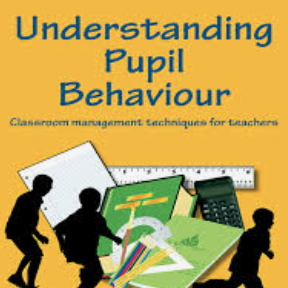
Positive behaviour management
All behaviour is communication. We aim to give our pupils better strategies to communicate their needs and interact with others. The systems we use help children to see the positive and negative consequences of their actions, enabling them to reflect on their behaviour and have alternatives for future interactions. These skills will enable them to participate more successfully in the classroom and social situations, making it easier for them to transition back to mainstream.
Communication, consequences and clarity
On a child’s induction to CPC, we go through our rules and consequences. We find out about the child’s background and interests in order to know what motivates them and to help them belong. We use the same clearly labelled visual behaviour chart in each class, designed in consultation with behaviour experts. We also use ‘Catch me’ cards and golden points to help children identify their own good behaviour and aim towards goals: small prizes and a weekly raffle reward children’s efforts. Self-reflection sheets help children to take responsibility for their actions. Staff use clear language to communicate expectations and use the morning toast sessions to check in with children and to hear their views on what’s happening at CPC, particularly where there are any changes.
Positive handling/Risk assessment
Before your child begins at CPC, we will assess the risks involved in their behaviour and how best to manage them. This may involve distraction, reminders of consequences or, on occasion, physical handling. All staff have had specialist training in safe holds, de-escalation and reintegration into class.
